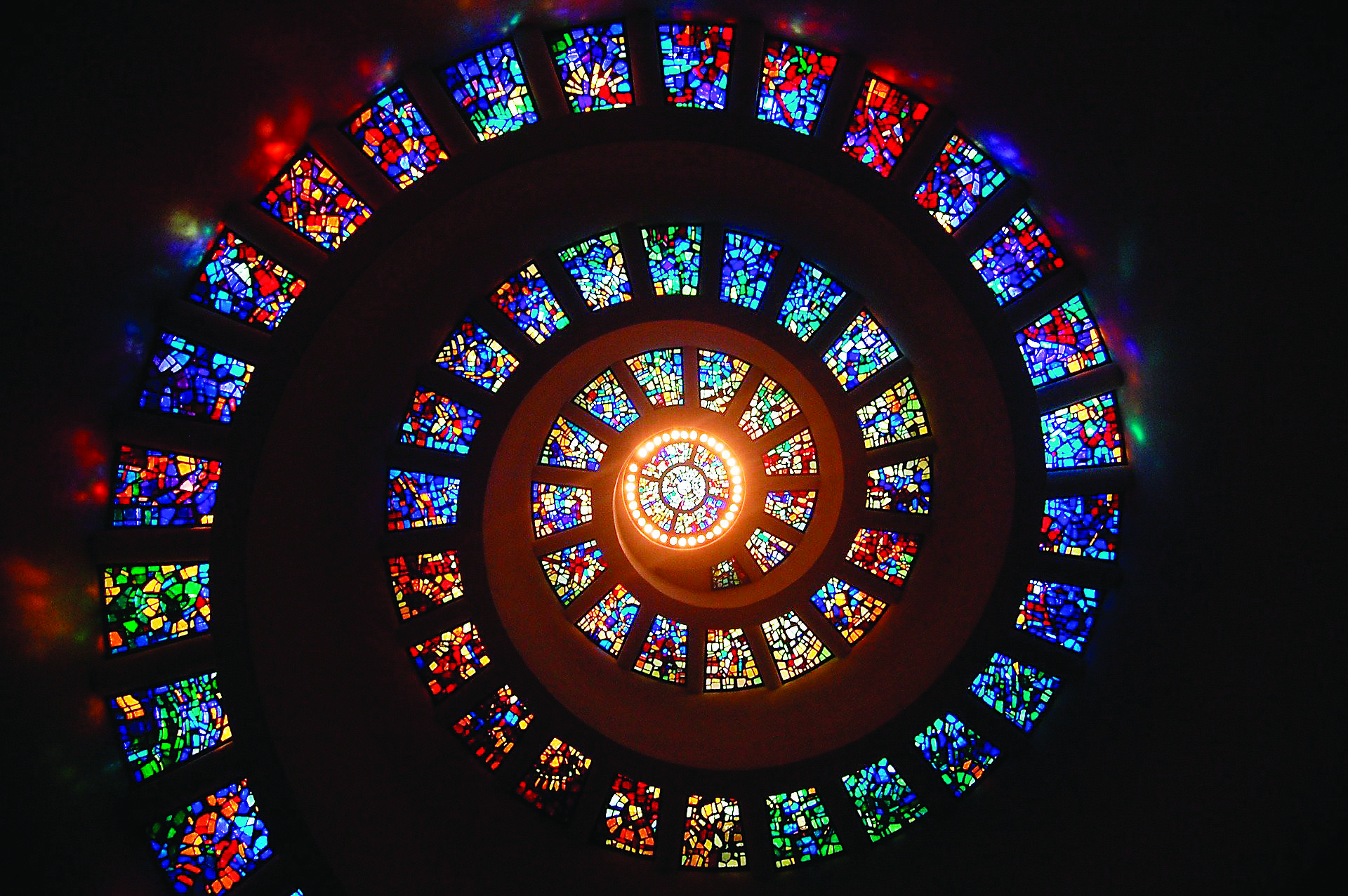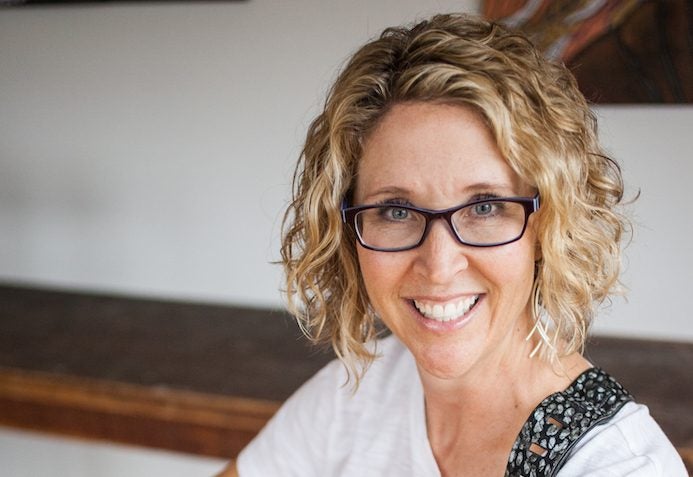Defining your sacred circle – religion versus reverence
Published 11:21 am Friday, April 30, 2021
|
Getting your Trinity Audio player ready...
|
BY ERIN SMITH
Columnist
I receive lots of emails about this newspaper column. Sometimes readers are grateful that I put into words what they were feeling. Other times readers disagree with my point of view and offer oppositional opinions. Occasionally, someone feels the need to tell me just how wrong I am.
In a recent missive, a particularly irate reader listed all the ways I had offended God (which included, but was not limited to, loving immigrants and supporting women’s reproductive rights). She suggested that I deserved the recent hardships my family experienced. She also offered redemption, seemingly available only via her particular form of worship. The only alternative seemed to be an eternity spent in hell. Agreeing to disagree did not appear to be on the table. But it was her postscript that did it for me. “P.S.,” she wrote, “You cannot write about religion unless you are religious!!! And YOU ARE NOT!!!” The last few words were capitalized and underlined several times. The extra exclamation marks told me that she really meant it.
I could have defended myself with my credentials: I have a Master’s in Library Science where my focus was Comparative Mythology and Religion. I have studied the world’s religions and wisdom traditions for many decades.
Or I could point out my journalistic duty to offer a differing, secular viewpoint. If you’re reading this in the actual newspaper, take a moment and flip to the page in front of or directly behind this one. You’ll find plenty of Christian takes on the world, but few views outside that perspective. A newspaper benefits from a balanced approach on the opinions page.
But that’s splitting hairs. What really irked the woman was that I am not religious in her way (which is, apparently, the right and only way). She felt I had no right to write of the sacred because, to her, being religious only means being an evangelical Christian.
I will not apologize for sharing insights from outside the Bible. It’s true that I’m not particularly religious. But what I am is reverent.
Joseph Campbell, the literature professor best known for his book “The Hero With A Thousand Faces,” often discussed the powerful symbol of the circle in his lectures and writings about comparative religion as it appears throughout all the wisdom traditions. Pythagoras called the circle “monad,” or the most perfect of all creative and infinite forms. In the Judeo-Christian world, it’s a halo or an Advent wreath. Chinese traditions symbolize heaven as a circle. The Hindu faith has mandalas. The Egyptians have their so-called Flower of Life. Ancient Greek mythology features the ouroboros, a revered snake feeding off its own tail. Ayurveda teaches of the chakras, or the energy wheels that lie along our spine. A circle stands for enlightenment in Zen Buddhism. We see it in the yin yang, in the walking labyrinth, in Stonehenge, in the Celtic Cross. The circle can represent the sun and moon and the Alpha and Omega. It speaks as much to the particles of space dust that make up the cosmos as it does to the billions of cells containing the DNA that make us unique.
It’s so universal, Campbell chose the simple circle as the way to differentiate the holy from the profane. He taught that humans all have the right and responsibility to define their personal relationship to the divine.
To define what is holy, we simply draw a circle around it.
That’s it. Sacred is a cosmic Venn diagram, where what is holy is defined by billions of circles, some overlapping, some bumping into one another, some floating off on their own. No one else can define my circle, which means no one else should judge its contents.
What I would add to this directive is to draw the circle with love. When our circle is filled with judgment or righteous indignation, that which should be holy becomes profane. If love lies at the center of your circle, I celebrate it, even if I do not personally choose to worship in your way.
We each decide what lies inside our circle.






